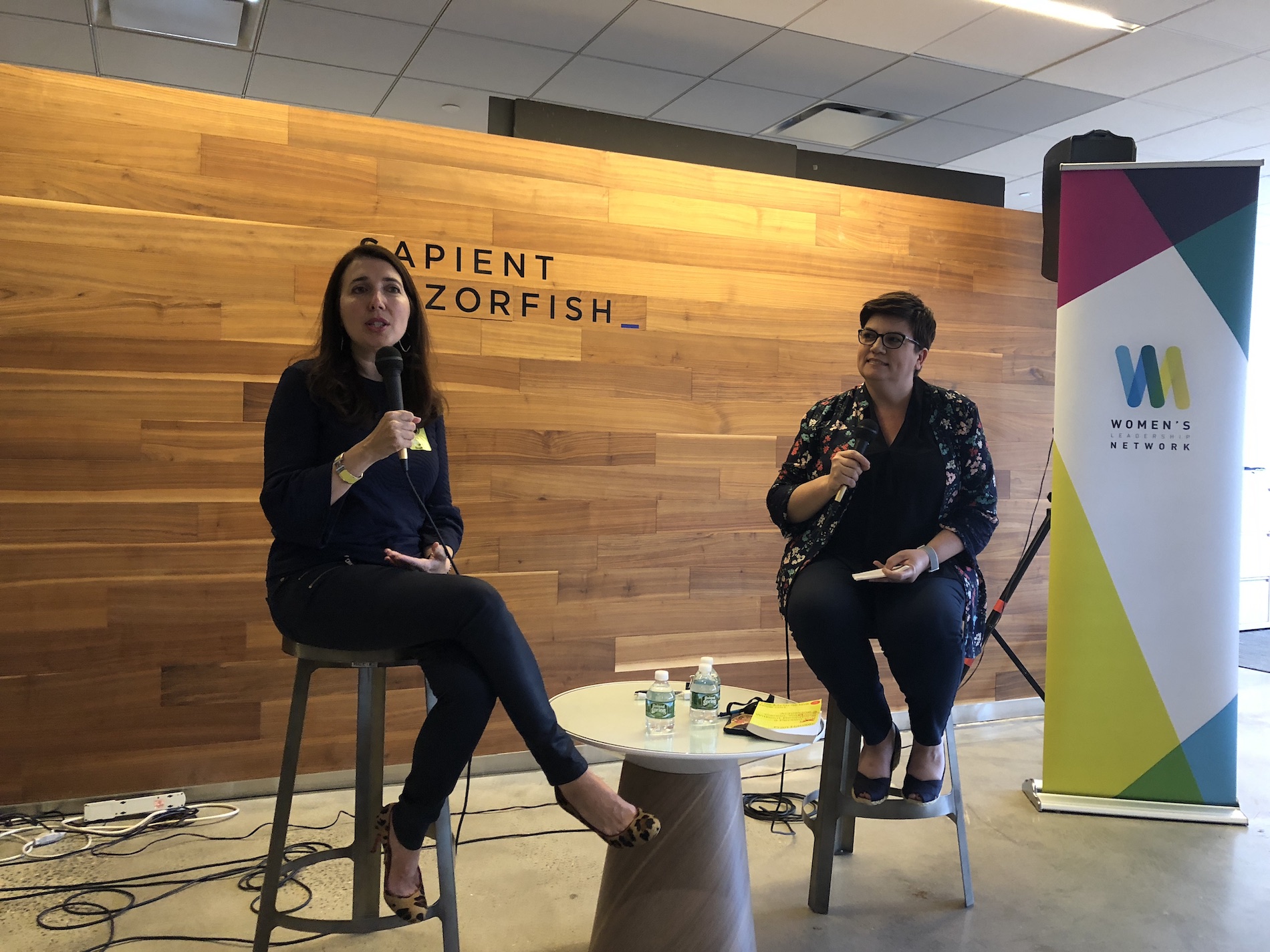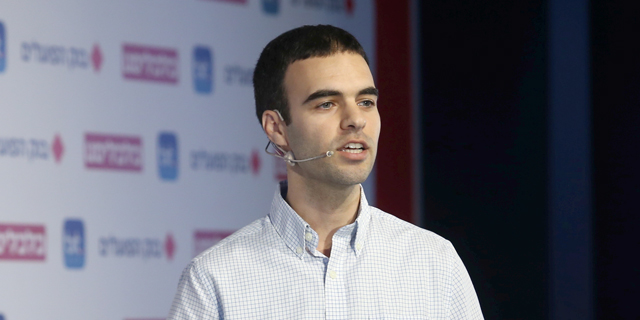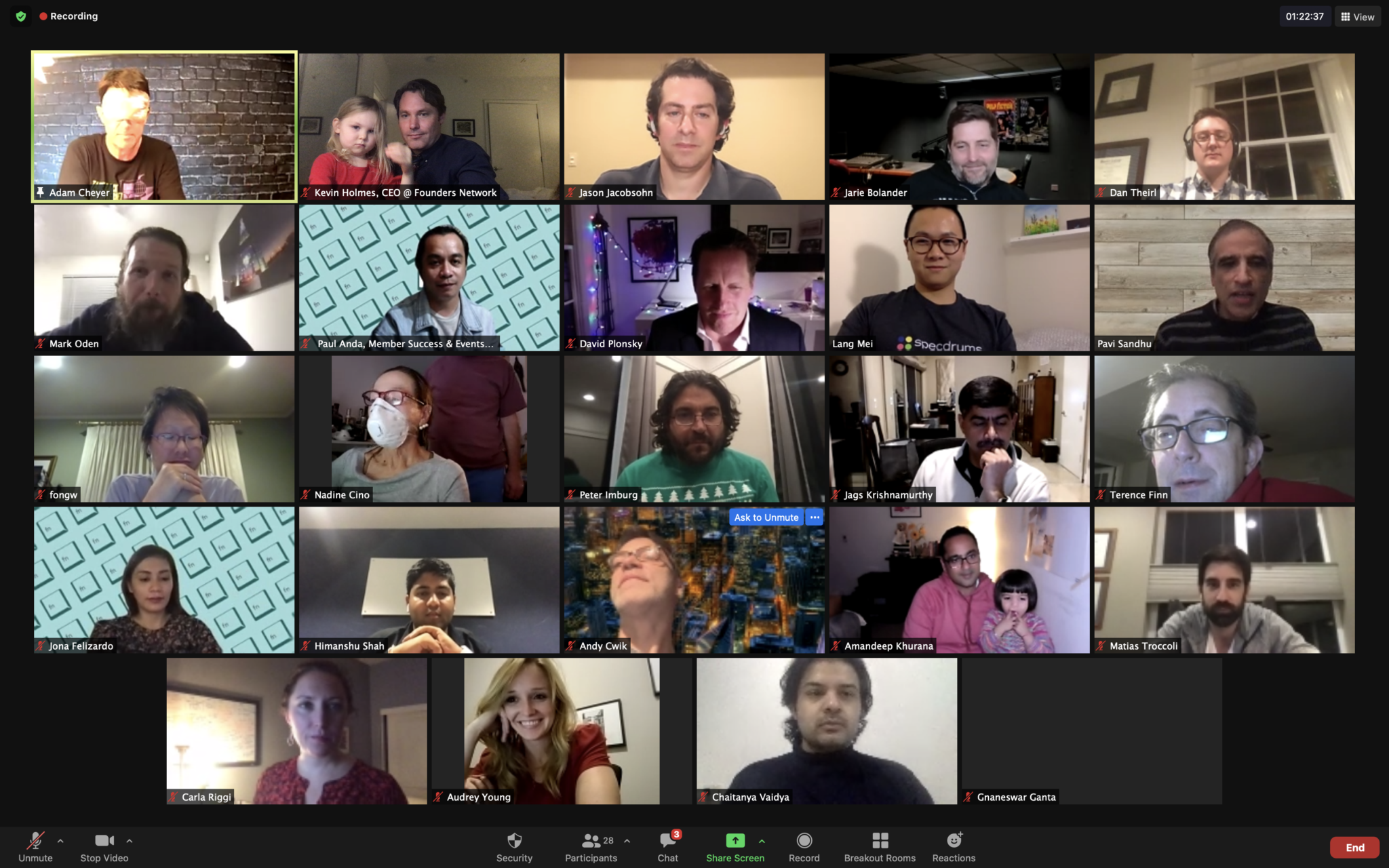
Fran Hauser had a high-powered career as a media executive prior to transitioning into life as an angel investor. But being President of Digital at Time, Inc. actually served her well as a jumping off point for investing. She learned about pitching from having to go to the CFO to ask for million dollar plus budgets to launch a new app or create a new feature on the websites of brands like Entertainment Weekly and People. Additionally, she was constantly meeting with startups to see how she could partner to innovate the legacy brands, thus learning how to evaluate the startups from the position of partnership and even acquisition.
During her time as a media executive, Hauser built a rich network of founders and VCs alike. She also discovered a pain point. There were so many women ready to launch new businesses, but very few women investors to not only fund those companies, but also to mentor and advise. With two young children, Hauser was looking for more flexibility in her career and began investing on the side. Realizing how much she loved it, it soon became a full-time pursuit.
“I want to see that a founder is adaptable, that they're open to different ideas, and that they have a curiosity mindset.” - @fran_hauser Share on XIn the eight years since she began investing, Hauser has built a portfolio of 30 companies, 28 of which are led by female founders. For female founders struggling to land that first check, she emphasizes the importance of network building. While it is critical to have a great pitch deck, she explains that it’s getting the pitch in front of the right people that counts. This means developing an inner circle, and tapping them for who they know. Perhaps you don’t have direct relationships with VCs, but can you build an advisory board of people who can create those intros?
There are a few common mistakes which Hauser sees founders are making. One is that they sometimes get too stuck in their vision for the product, and don’t process feedback well. “I want to see that a founder is adaptable, that they’re open to different ideas, and that they have a curiosity mindset.” It’s important that founders engage in active listening with investors. Being open to new ideas and capable of adapting is critical. “When you’re starting a new business, a big part of it is being able to adapt, and being able to adjust because stuff happens.”
“When you're starting a new business, a big part of it is being able to adapt, and being able to adjust because stuff happens.” - @fran_hauser Share on XAnother mistake is focusing too much on the product and not talking enough about the other aspects. “At the end of the day, you’re investing in the founder, because the product might change. It’s really about whether this person has what it takes to launch a successful business . . . being really clear and confident about why you’re the right person to be tackling this opportunity is really important.” Too often, Hauser sees a dynamic founder present an entire pitch deck, and not really begin to introduce themselves until the final slide. Additionally, Hauser likes to see context to go along with the product. What is the pain point the product solves or what market trend is it responding to? Painting a broader picture around your company’s purpose can go a long way.
“At the end of the day, you're investing in the founder, because the product might change. It's really about whether this person has what it takes to launch a successful business.” - @fran_hauser Share on XWhat Hauser does like to see in a potential investment is market opportunity. Being able to clearly articulate the consumer value proposition is so important, as is knowing one’s own weaknesses. No founder is perfect at everything, so how do they fill in the gaps when it comes to their own shortcomings. If they are the visionary, is there someone on the team that is great with day-to-day operations? Another thing Hauser loves to see in future investments is traction. Knowing there is already a lead investor who has done their due diligence goes a long way in convincing her. But traction comes in many different forms. For a company that has not launched, 10 clients that have given verbal agreements is a big mitigation of risk, as is a few hundred people who have filled out surveys for a direct-to-consumer product.






